6 Essential Dos and Don’ts for Teaching Homeschool Literature
This post shares the truth about the power of books in your homeschool, thoughts about how the metaphors we use affect our educational philosophy, and 6 dos and don’ts for teaching homeschool literature.
This may come as a shock, but sometimes we overestimate books.
How many times have you seen it advertised in a shiny new curriculum package: “Teach character and instill virtue with this literature pack”? Of course we all want our children to grow up with a strong moral compass, and often this is one of the primary reasons we choose to homeschool! Character means so much, and I heartily agree with the sentiment that says (if you had to choose between the two) it’s more important to raise a child with a strong character than a child with strong grades.
However, the sort of character that everyone really wants – the sort that is not just obeying the rules because Mom and Dad say so, but because one really and truly believes in them – is, ultimately, a work of the Holy Spirit, and as such, it cannot be manufactured by any formula, set of rules, or even the perfect set of books.
In our home we are HUGE fans of good books for kids (and adults). Do not get me wrong and assume that I am minimizing the power of a book! Well-written, classic books make up the majority of our “curriculum,” and I strongly believe in the power of reading to our children. However, I think we sometimes have unreasonably high expectations for what these books should be doing for our children, perhaps because we have a distorted view of how stories work.
What power does literature – good books – actually have in our homeschool?
And what can good books not do, no matter how hard we try?
What Can Good Books Do?
Good books can do everything on this list of reasons to read aloud. Read alouds are a magical homeschool powerhouse, and we will probably never know the full extent of their influence for good on our children. We have come to passionately love our read aloud times together, and I am 1000% convinced of their power. When it comes to creating connection, encouraging a love of reading, and increasing attention span, the simple read aloud cannot be beat!
Literature is powerful, and there’s a reason why so many homeschoolers (and even homeschool curriculum publishers) focus on it. I don’t ever want to undermine that power or discourage anyone from books; I just want to make sure we understand how literature works and how to continue to let it work without quenching its fire. In our eagerness to make sure our children are squeezing every last drop of goodness from their books, we can unintentionally hinder our child’s natural growth and perhaps even extinguish their love of reading.

What Can Good Books NOT Do?
Good books can NOT reach every child’s heart in the same way at the same time.
Or, another way to put it: good books can NOT guarantee any specific results.
If you have more than one child you know this from experience, but every child (every human) is unique. If someone – or some homeschool publishing company – claims that “reading Little House on the Prairie to your kids will teach them to work hard,” this is an overly simplistic assumption that almost certainly will not work. Not because Little House on the Prairie is a bad book, not because your children are bad children, but because your children are unique persons and this is not how stories work.
If you read this book to your three children (with the secret intention of teaching them to work hard), chances are good that one of them will be struck with the idea of travelling in a wagon and decide to build their own out of a cardboard box, the other child will be curious about why Pa hated the Native Americans and will want to discuss this with you continuously for the next three days, and your third child will, from all appearances, not be thinking about (or listening to) ANY part of the book until it all comes back to him fifteen years later and he suddenly understands what a difficult life the pioneers had and why they had to work so hard.
The point here is simply that you cannot predict how these stories will work in your child’s heart, and you may not even see the fruit of it until many, many years down the road. This makes us very uncomfortable because we cannot measure or prove how our children are learning! “Can’t I just have them fill out a worksheet about the book and then I will have something tangible to hold up and prove that, yes, we read it and they learned something?”
No, you can’t. Why? Because if you do, you will KILL your first child’s wagon-building interest, you will DISTRACT your second child from his deep thoughts about the treatment of Natives, and your third child’s simple joy in the book will be squashed – which means it will NOT simmer in his heart for the next fifteen years.
Homeschoolers, like the just, shall live by faith. The best sort of teaching, the best sort of education, the only real learning that sticks cannot be measured, graded, or quantified. It is entirely an act of faith.
How, you may ask, do I know this is true if I have not yet had the experience of those “many, many years” in which to prove this method and see its truth? How can I take this on faith when my oldest is only twelve?
Firstly, because I have read books and blog posts from dozens of other homeschool moms (who have grown and graduated children) and their experiences bear out this truth. If you’re looking for books of this sort to read, check out my booklist for homeschool moms here.
Secondly, because I know that I don’t want to experience books this way myself, and children are as we are. If my husband and I read the same book and then compare notes, we will find that we have both come away with different insights and different perspectives, and it’s a joy to share those with each other – no worksheets needed. When I last read Little House on the Prairie, I was most struck with Ma’s strength and courage – and if I was forced to fill out a worksheet about the importance of a work ethic, I would be annoyed and less inclined to want to read another book.
Our Problem: Using The Wrong Metaphors
Perhaps part of the trouble here is that we have absorbed our culture’s metaphor of viewing humans as machines with a reliable input and output. Plug in the perfect curriculum and you will get the perfect homeschool. Read the right books and your children will become virtuous. All second graders are the same and should be learning exactly the same materials. Our top goal is always productivity.
The machine metaphor is pervasive. It’s in our vocabulary when we use words like “unplug,” “recharge,” or “on autopilot.” It’s in our school system when we assume that all kindergarteners are ready to learn to read, and that if they struggle with this, they are the problem.
There may be some ways in which these metaphors make sense, but in many other ways they go against the very grain of our nature. We are much more like trees than machines, and if we could view our homeschool this way, everyone would be happier.
Rather than looking for the perfect curriculum (input) to guarantee the right results (output), what if we focused on fertilizing our little trees with interesting ideas and making sure they had healthy soil in which to grow?
Rather than expecting each child to react to every book in the exact same prescribed way, what if we trusted that each tree is slowly absorbing the particular nutrients it needs at this time?
Rather than looking to numbers to validate our efforts (in grades, tests, and boxes checked), what if we purposefully looked for areas of growth (even small ones) to celebrate?
What if we acknowledged that every tree will grow in a slightly different shape and on a different timeline?
What if we were patient, knowing that just because a tree isn’t bearing fruit right this minute that doesn’t mean it never will?
What if we rejoiced in the spring, when there is massive visible growth, and faithfully continued to feed the soil in the winter, when our tree appears to be lifeless?
What if we believed that – although we have a responsibility to tend and nurture – our little trees are ultimately in the hands of a much greater Gardener, and that we cannot control their growth?
The books we choose might not be a predictable equation to give us the result we want, but they are a fantastic soil for the roots of our growing trees. View your homeschool literature time as deep, healthy dirt that will nurture your trees and feed their souls!
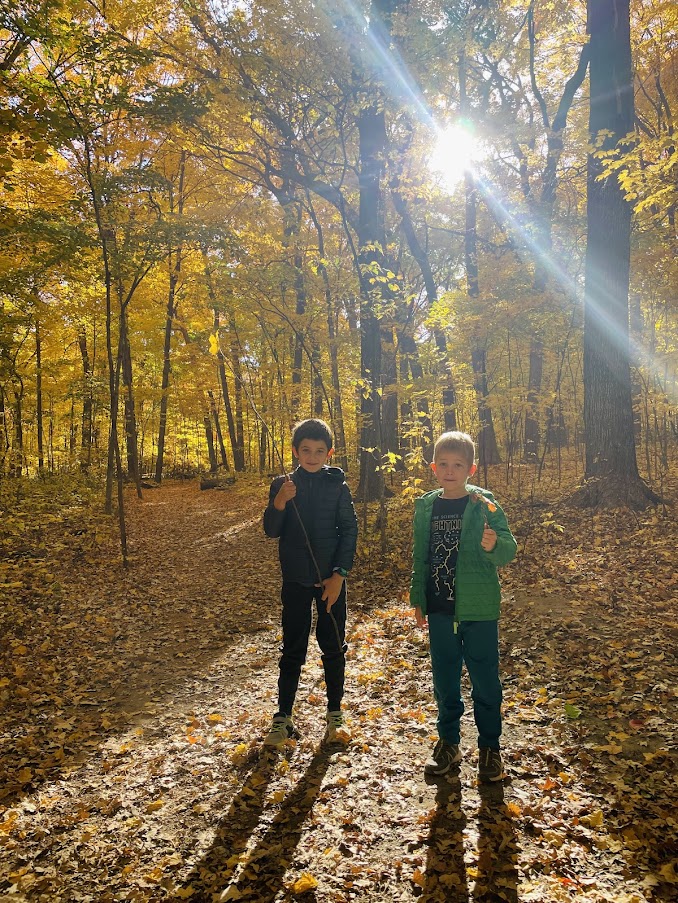
6 Dos and Don’ts for Teaching Homeschool Literature
DON’T ask randomly specific “comprehension” questions after you read. Instead, ask “What did you hear?” and listen to the answer.
DON’T give your child a worksheet after they finish reading a book. Instead, ask them to write down (or tell you, or tell Dad) something they enjoyed about it.
DON’T moralize or lecture in an effort to make sure they caught the “lesson” of the story. Instead, let the Holy Spirit work in them (he does an infinitely better job of this than we ever could).
DO ask your child “What other stories does this remind you of?” There are threads of truth woven throughout all good stories, and children who can begin to see and connect these threads are well on their way to educating themselves.
DO keep reading aloud, even after your kids can read for themselves. There are many unique benefits that come through hearing the spoken words.
DO remember that children are people too. If you wouldn’t want to build a cardboard box diorama of the last novel you read, your children probably won’t want to either.
“Thought breeds thought; children familiar with great thoughts take as naturally to thinking for themselves as the well-nourished body takes to growing; and we must bear in mind that growth, physical, intellectual, moral, spiritual, is the sole end of education.“
“The points to be borne in mind are, that he should have no book which is not a child’s classic; and that, given the right book, it must not be diluted with talk or broken up with questions, but given to the boy in fit portions as wholesome meat for his mind, in the full trust that a child’s mind is able to deal with its proper food.” ~ Charlotte Mason, Home Education
If you’re interested in learning more, check out these podcasts:
- “The Building Blocks of Story” on The New Mason Jar podcast
- “Why Read Fairy Tales” on The Literary Life podcast
- “An Experiment in Criticism Revisited” on The Literary Life podcast
More blog posts on this topic…

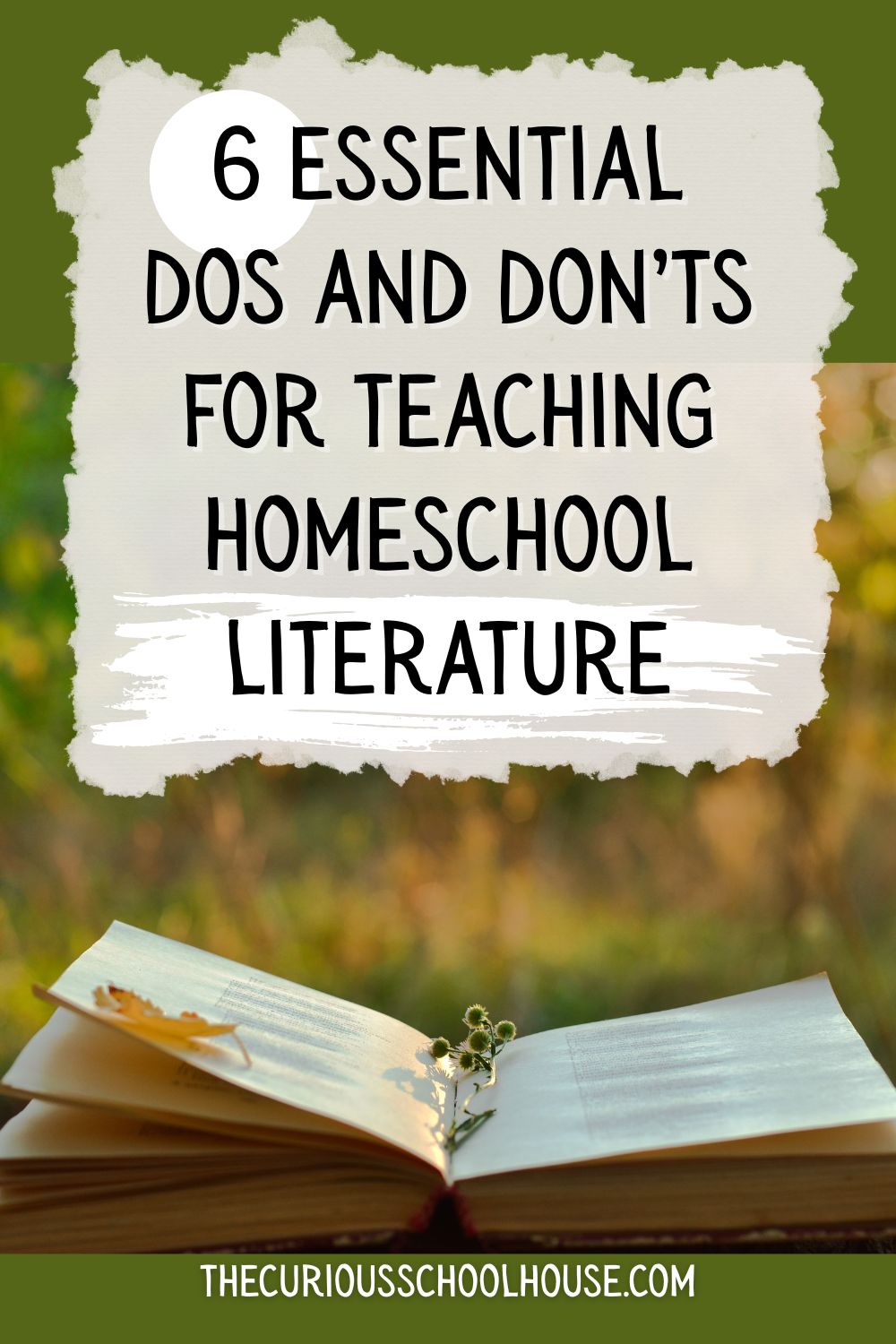
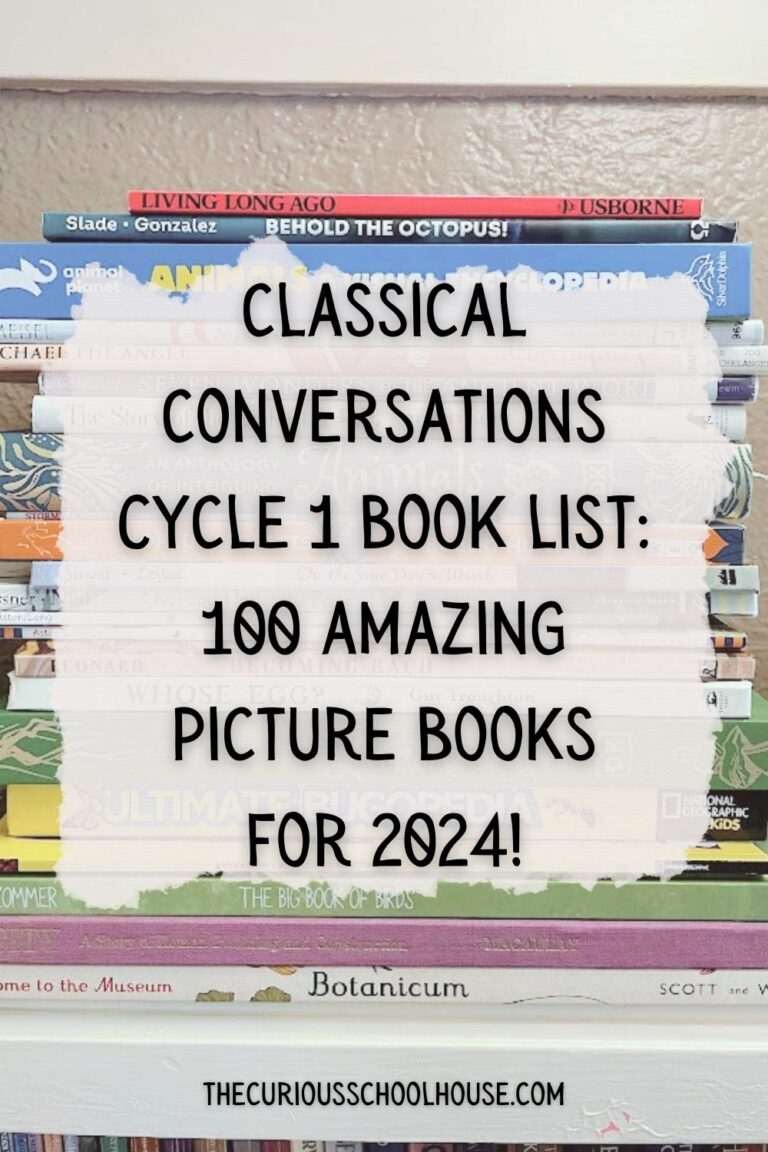
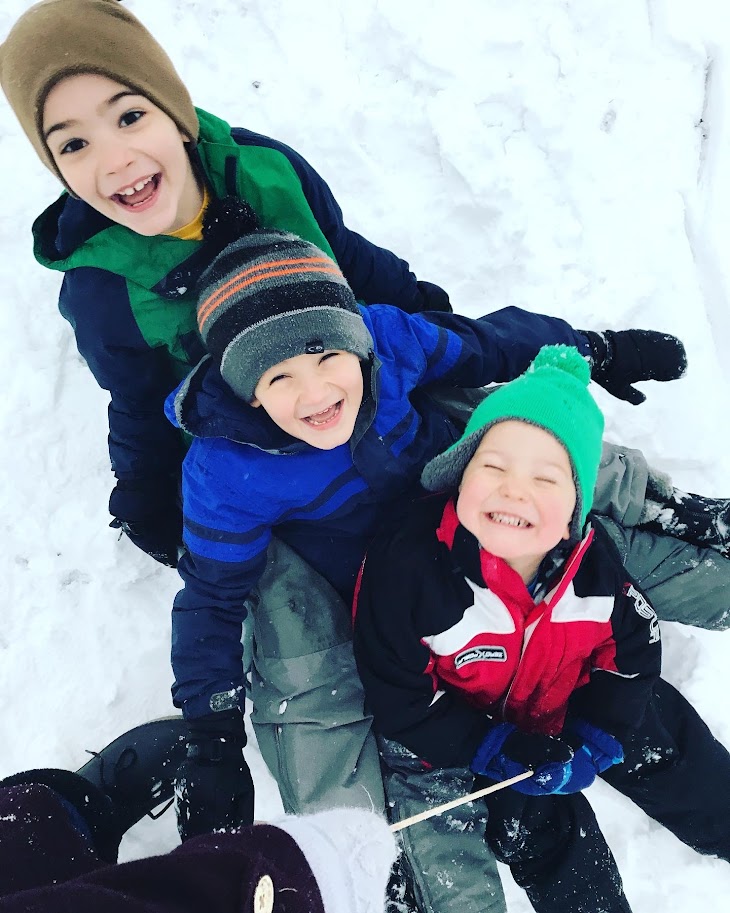
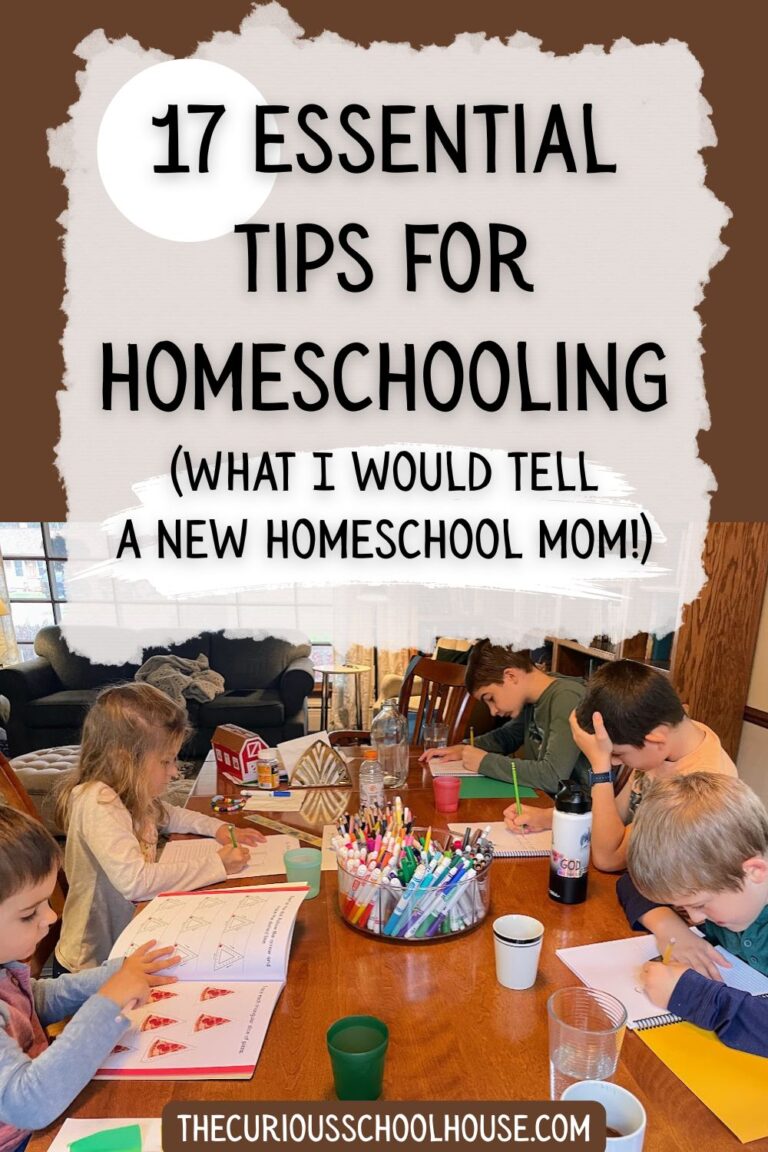
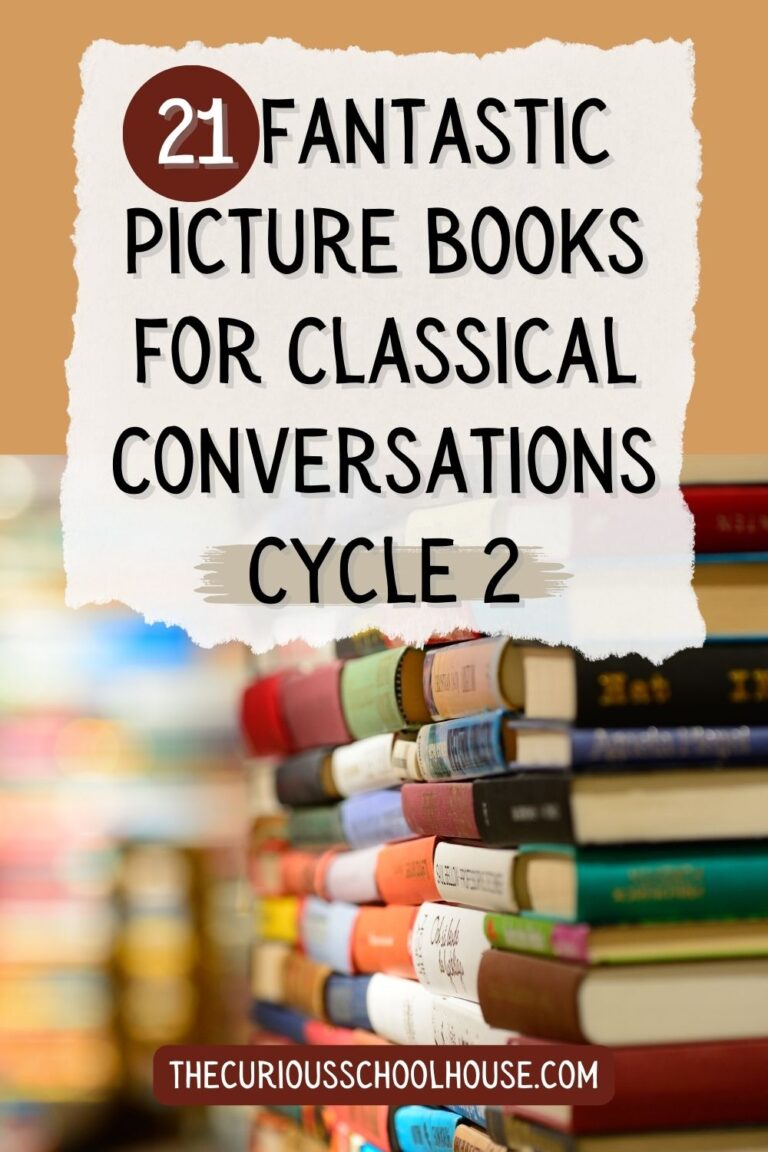
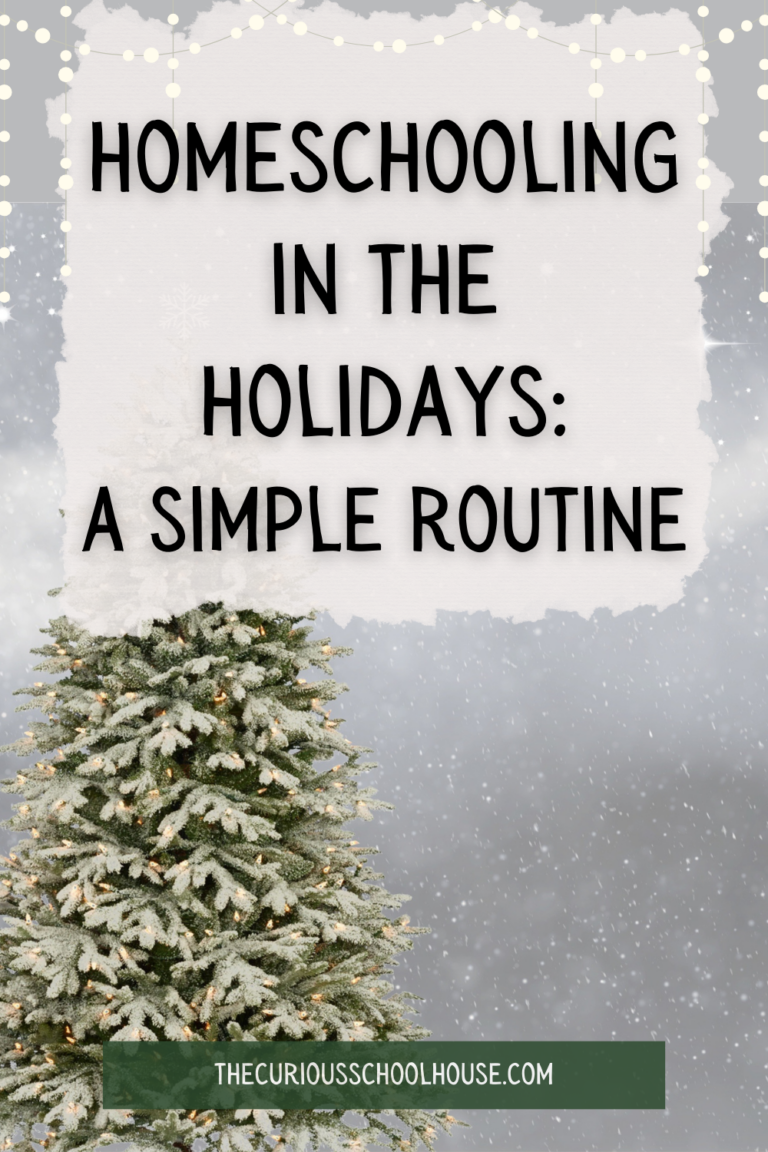
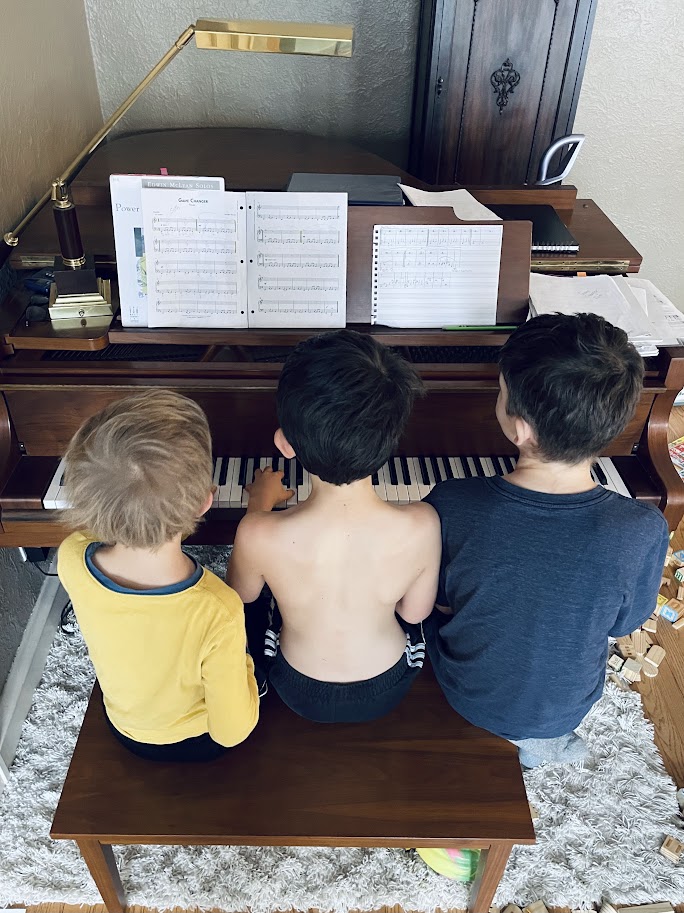
This is so good! My last is graduating from our home school this spring, and this is pretty much what we settled on. Lots of reading, all sorts of books, and not a whole awful lot of analysis. A little in high school, but not much even then. Read-alouds and read-alones all the time. Not even a ton of discussion, sometimes much more and sometimes very little. I’m still learning what they took from all the reading, and probably never will know most of it. No worksheets…
As I look back, I realize that most of what I learned growing up didn’t come from school at all. I might think, “Oh, I learned that in school,” only to remember I learned it from books I read on my own while I was in school. There is such a difference. Someone who did nothing but read loads of good books and learn basic math could become quite well educated!
Sarah Mackenzie should have you on her podcast.
thank you for the kind words!! it’s so good to hear that confirmation from someone else a little farther along the road! 🙂